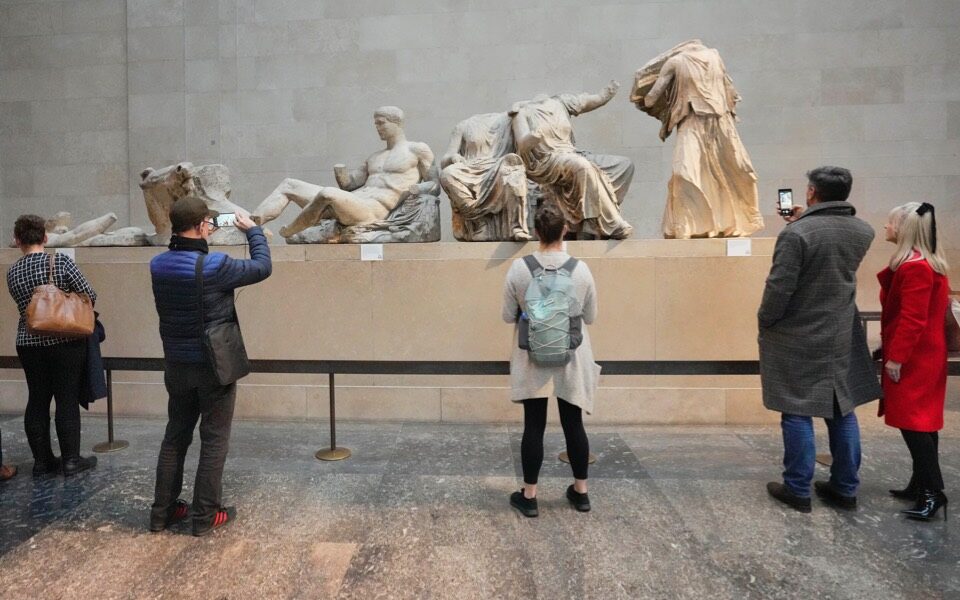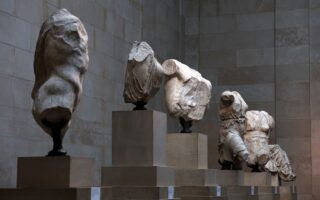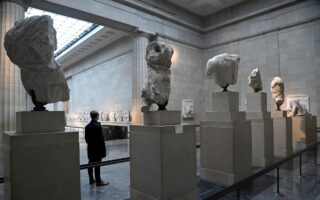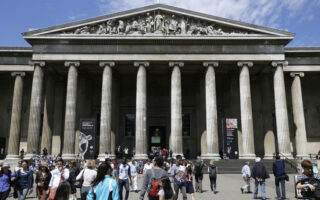Turkey denies firman giving Lord Elgin rights to sell Parthenon Sculptures

Turkey’s spokesperson at a meeting of UNESCO’s Intergovernmental Committee for Promoting the Return of Cultural Property to its Countries of Origin or its Restitution in Case of Illicit Appropriation (ICPRCP) last week denied knowledge of a written authorization allowing Britain’s Lord Elgin to sell large sections of the Parthenon’s sculptural decorations that had been removed from the ancient Greek citadel between 1801 and 1812, when Athens was under Ottoman rule.
“We are not aware of any document legitimizing this purchase,” Zeynep Boz, who heads the Turkish Culture Ministry’s department for combating trafficking in antiquities, told the 24th session of the committee, which took place in Paris on May 29-31.
Boz, whose comments challenge one of the chief arguments put forward by the British Museum against the Parthenon Sculptures’ return to Greece – namely that they were legally obtained by the British government with the permission of the Ottoman authorities – added that the marbles’ removal was carried out by “UK colonialists.” Therefore, Boz said, “I don’t think there’s room to discuss its legality, even during the time and under the law of the time.”
“We wholeheartedly look forward to celebrating the return of the Sculptures, as we believe it will mark a change of behavior towards the protection of cultural property and be the strongest message given globally,” Boz added.
Greece welcomed the Turkish representative’s comments (Turkey participated in the meeting in the role of observer), with the Foreign Ministry’s head of the department for international law, Artemis Papathanasiou, saying that Boz had “raised an important question.”
Greece questions the legitimacy of the firman, or official document, allegedly authorizing the sale of the sculptures to the British government by Lord Elgin in 1816, as it has been presented in a translation in Italian.
“It is just a simple document,” the director of the Acropolis Museum, Nikolaos Stampolidis, who was part of the Greek delegation in Paris, told the meeting.





